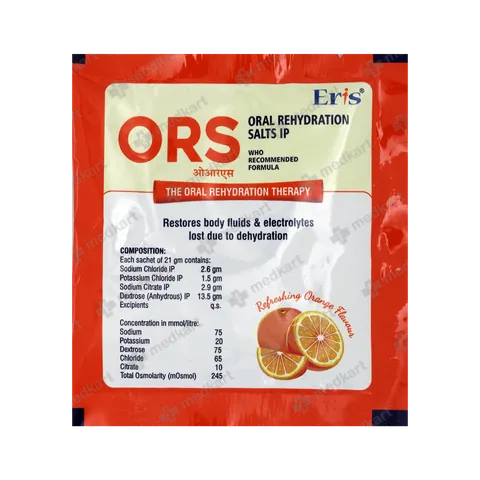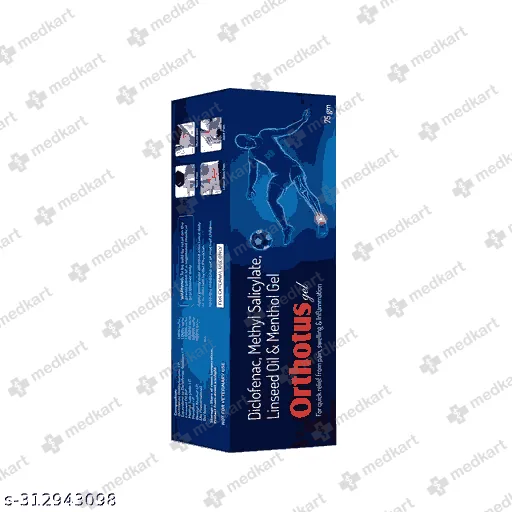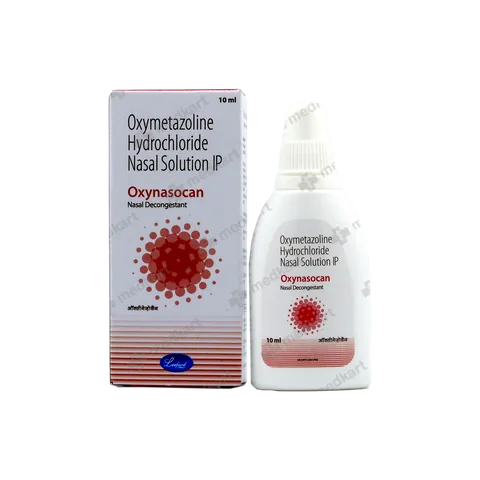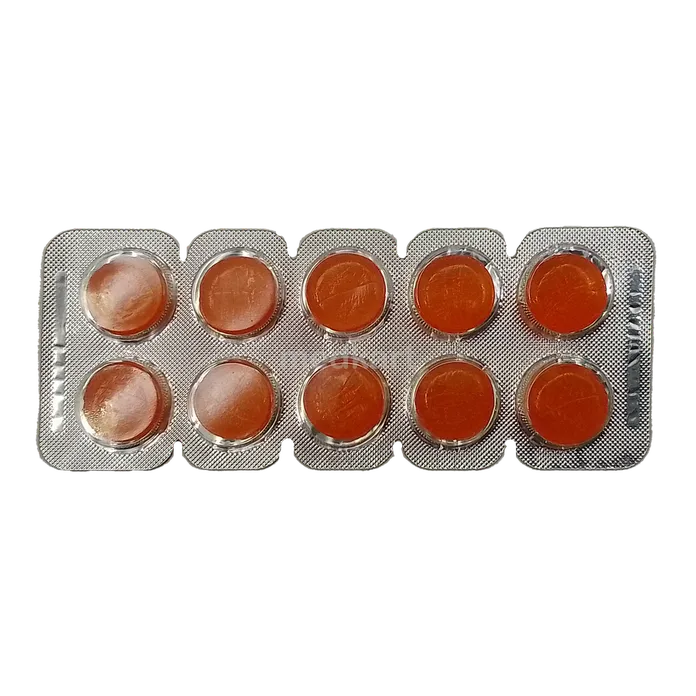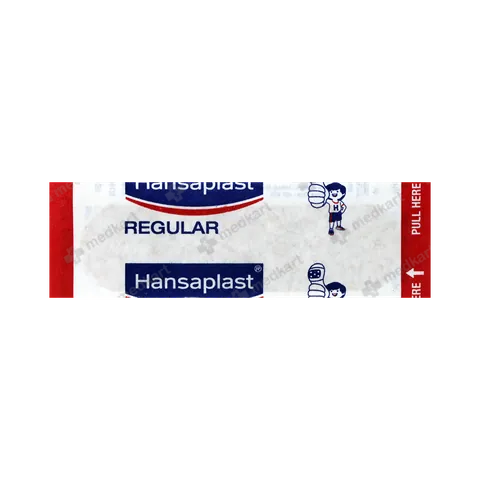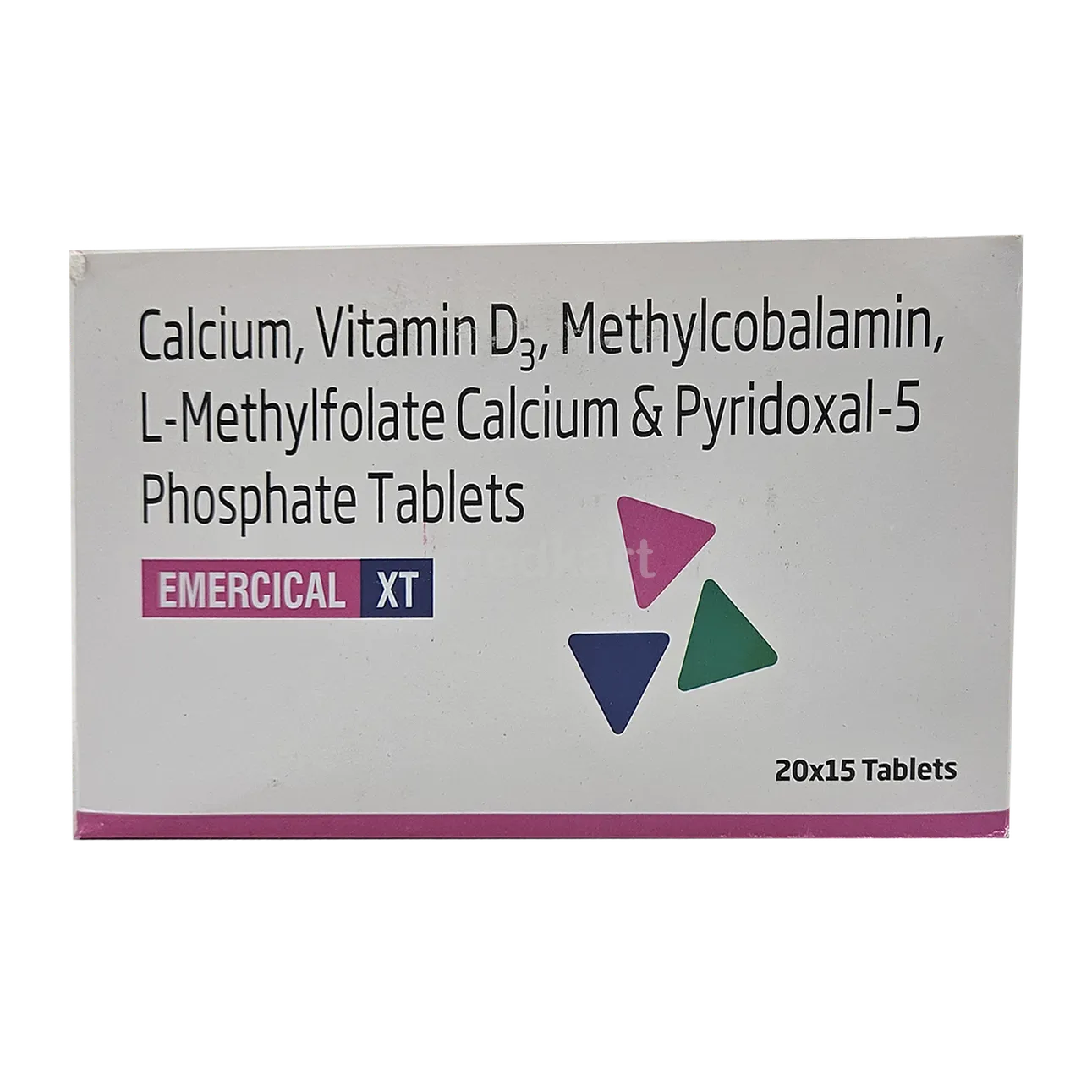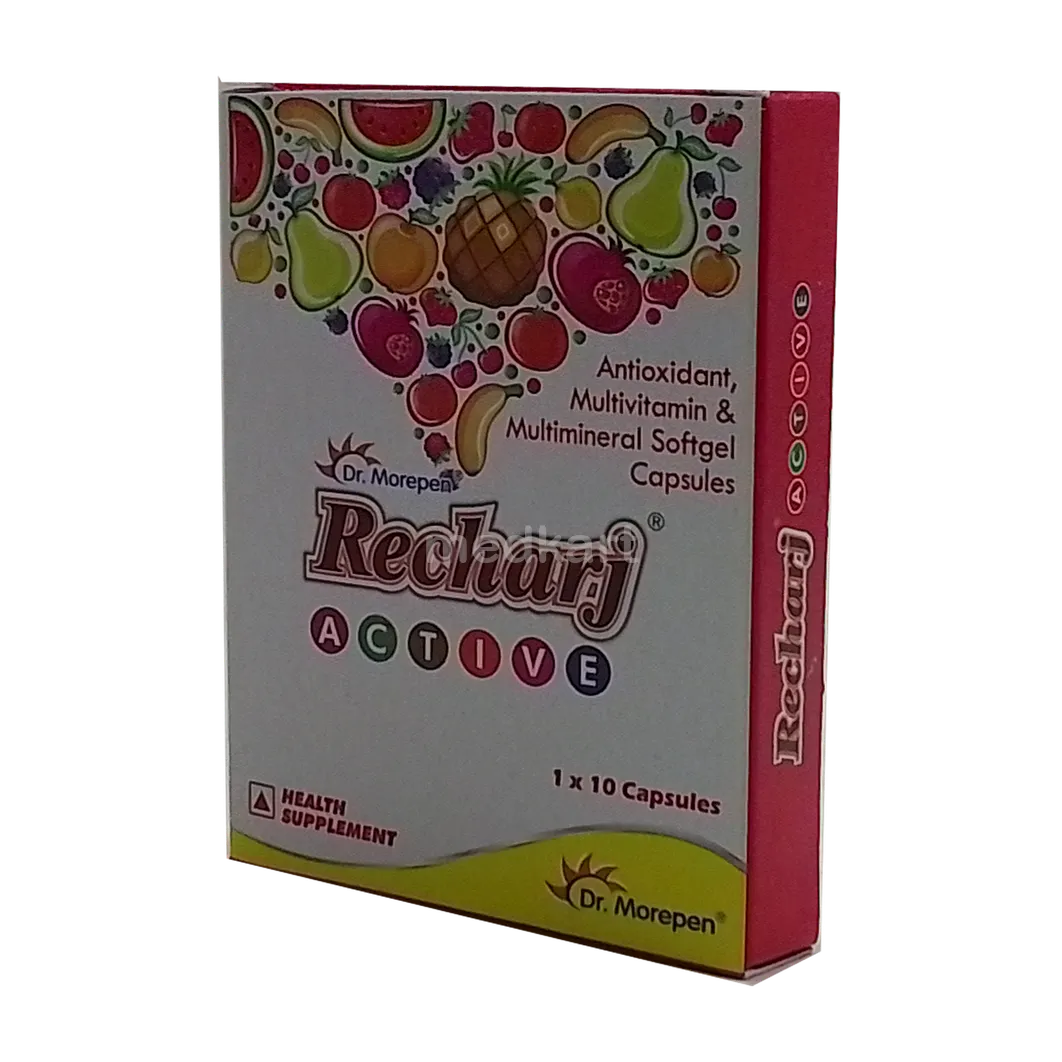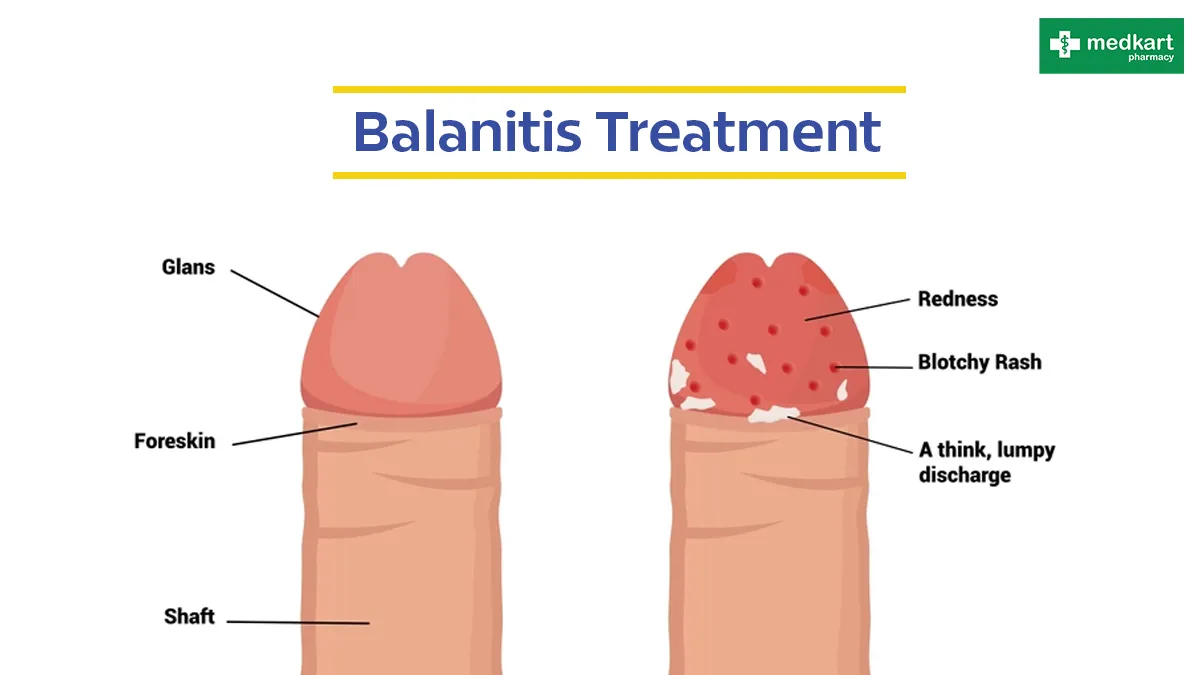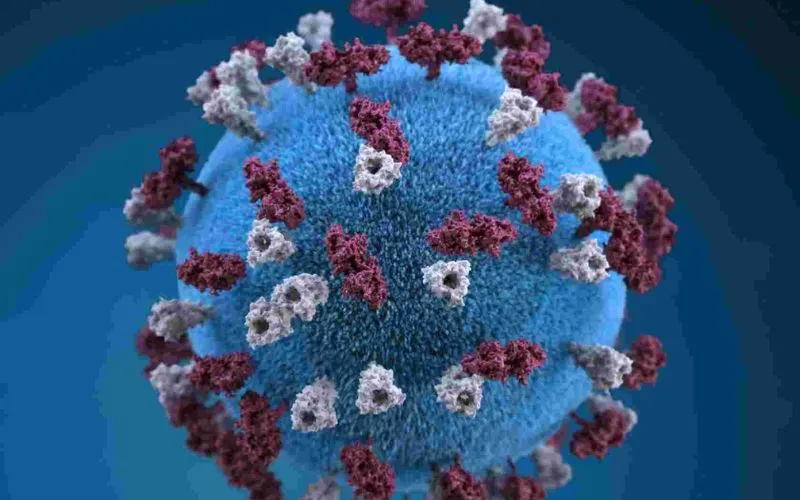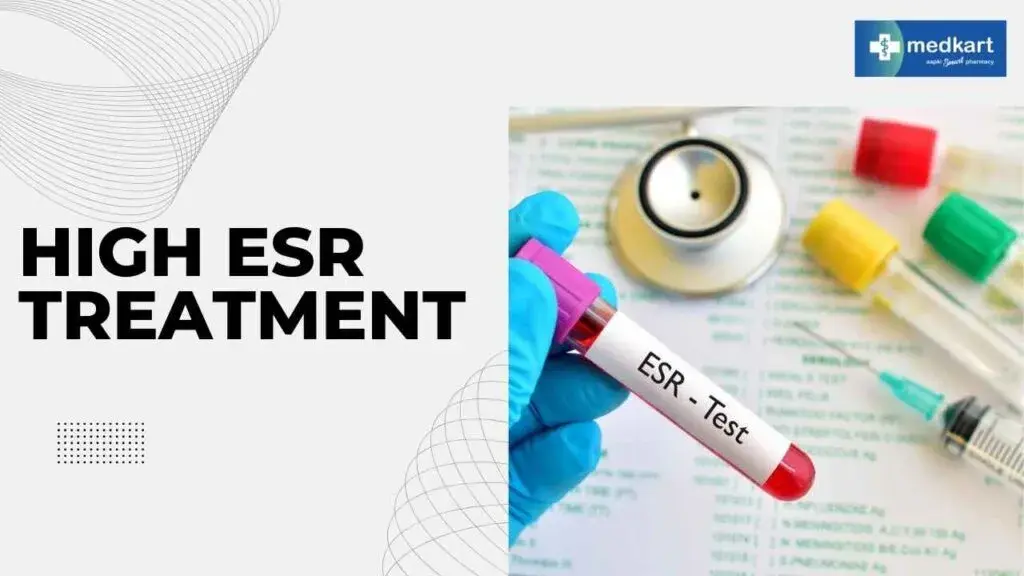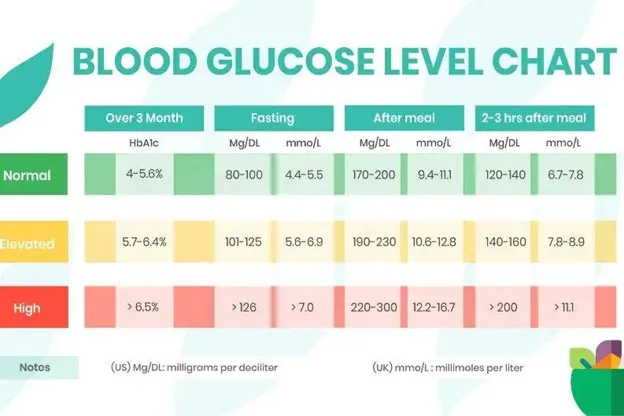Prescription Required

Authentic Product

India's Leading Generic Pharmacy

Secure Payment
ANTI D 300MCG/1ML INJECTION
By BHARAT SERUMS & VACCINES LIMITED
MRP
₹
3940
₹3546
10 % OFF
Check Delivery
--
Product Details
About ANTI D 300MCG/1ML INJECTION
- ANTI D 300MCG/1ML INJECTION contains a medicine called Anti-Rh(D) immunoglobulin. It is a very important injection given to prevent a serious condition known as Rh(D) Hemolytic Disease of the Newborn (HDN). This happens when a mother has Rh-negative blood, and her baby has Rh-positive blood. Without this injection, the mother's body might see the baby's Rh-positive blood cells as foreign and start making antibodies against them. These antibodies can then cross into the baby's bloodstream, potentially causing severe anemia and other complications in this or future pregnancies.
- The ANTI D 300MCG/1ML INJECTION works by neutralizing any Rh-positive blood cells from the baby that might enter the mother's circulation, usually during pregnancy or delivery. This prevents the mother's immune system from recognizing these cells and producing those harmful antibodies. It is typically given during the later stages of pregnancy (around 28 weeks) and again shortly after birth if the baby is found to be Rh-positive. It may also be needed after certain events during pregnancy, like amniocentesis, or if there is any vaginal bleeding or abdominal trauma.
- However, ANTI D 300MCG/1ML INJECTION is not suitable for everyone. You should not receive this injection if you have ever had a severe allergic reaction to Anti-Rh(D) immunoglobulin or any ingredient in the injection. It is also not needed and should not be given to mothers who are Rh-positive, as their blood type means they won't produce these specific antibodies. Crucially, if a woman has *already* developed antibodies against Rh(D) antigens (this is called being 'sensitized'), this injection will not help. It cannot reverse the sensitization and is only effective at preventing it from happening in the first place.
- While primarily used in pregnant individuals, ANTI D 300MCG/1ML INJECTION is generally considered safe for other patient groups when medically indicated. For elderly individuals, its use is considered safe based on their blood type and overall health. It may also be administered to children if there is a medical reason to prevent Rh sensitization, although this is less common than in pregnancy-related situations.
Side Effects of ANTI D 300MCG/1ML INJECTION
Like all medications, ANTI D 300MCG/1ML INJECTION can cause some side effects, although not everyone will experience them.
Safety Advice for ANTI D 300MCG/1ML INJECTION

BreastFeeding
Consult a DoctorANTI D 300MCG/1ML INJECTION is not contraindicated during breastfeeding. It is a blood product, but the components are not known to pass into breast milk in significant amounts. However, healthcare providers should consider individual circumstances.

Driving
Consult a DoctorANTI D 300MCG/1ML INJECTION can cause side effects, such as fatigue and dizziness. These side effects can affect your ability to drive. It is important to talk to your doctor about whether it is safe for you to drive while taking.

Liver Function
Consult a DoctorIndividuals with liver conditions should consult with their healthcare provider before taking ANTI D 300MCG/1ML INJECTION.

Lungs
Consult a DoctorIndividuals with respiratory conditions should consult a health care provider before taking ANTI D 300MCG/1ML INJECTION.

Pregnancy
Consult a DoctorANTI D 300MCG/1ML INJECTION is commonly administered during pregnancy to prevent Rh sensitization in Rh-negative mothers carrying Rh-positive babies. Always consult a healthcare provider before taking this medication.
Dosage of ANTI D 300MCG/1ML INJECTION
- ANTI D 300MCG/1ML INJECTION (RhIg) is a crucial medication, primarily used to prevent Rh sensitization in Rh-negative individuals. It can be administered via two main methods: an intramuscular (IM) injection, which is given into a muscle, typically in the arm or buttock, or an intravenous (IV) injection, delivered directly into a vein. The specific route of administration is carefully determined by a healthcare professional, usually a doctor, after evaluating the patient's individual circumstances, medical history, urgency of the situation, and sometimes even the patient's comfort or preference. While IM administration is often used for routine preventative doses, IV administration might be chosen when a faster effect is required, such as during a medical emergency or specific treatment protocols. Ultimately, the doctor selects the route that offers the best safety and efficacy for the patient's specific needs.
How to store ANTI D 300MCG/1ML INJECTION?
- Keep ANTI D 300MCG INJ VIAL 1ML away from the reach of children and pets.
- Store ANTI D 300MCG INJ VIAL 1ML in a refrigerator (2 - 8°C). Do not freeze.
Benefits of ANTI D 300MCG/1ML INJECTION
- If you are an Rh-negative mother and your baby is Rh-positive, tiny amounts of the baby's blood might enter your system during pregnancy or delivery. Your body could see these cells as foreign and start making antibodies against them – this is called sensitization. While this often doesn't harm the *current* baby, these antibodies stay in your body and can attack any *future* Rh-positive babies, causing a serious condition called Hemolytic Disease of the Newborn (HDN). ANTI D 300MCG/1ML INJECTION is crucial for preventing this. It contains special antibodies (RhIg) that attach to any Rh-positive fetal blood cells in your bloodstream. These antibodies essentially 'mask' or cover the fetal cells so your immune system doesn't recognize them and doesn't get triggered to produce its *own* harmful antibodies. By stopping your body from becoming sensitized in the first place, the injection protects your future pregnancies from the risks of HDN, ensuring the health and safety of your next babies.
How to use ANTI D 300MCG/1ML INJECTION
- ANTI D 300MCG/1ML INJECTION is administered in two main ways: either as an intramuscular (IM) injection, meaning it's given into a muscle, or as an intravenous (IV) injection, which means it's given directly into a vein. The choice of how the injection is given is carefully made by your doctor or a healthcare professional. They will consider several factors, including your specific medical condition, the reason for receiving the injection, and your overall health. Giving the injection into a muscle (IM) is a common method and is generally straightforward. Administering it into a vein (IV) might be necessary in certain situations where a faster effect is needed or as part of a specific medical protocol. Rest assured, the healthcare provider will determine the most appropriate route for you to ensure the treatment is both effective and safe. They will also explain the process to you before administering the injection.
FAQs
<p style="text-align:justify;">Can anti D 300mcg injection be administered after a stillbirth or pregnancy termination?</p>

<p style="text-align:justify;">Yes, anti D 300mcg injection can be administered after a stillbirth or pregnancy termination, as these events may result in the mixing of maternal and fetal blood, posing a risk of Rh sensitization.</p>
<p>What are the common side effects of anti D 300mcg injection?</p>

<p style="text-align:justify;">Common side effects of anti D 300mcg injection may include mild local reactions at the injection site, such as pain, redness, or swelling. Some individuals may experience a low-grade fever.</p>
<p>What is the recommended dosage of anti D 300mcg injection?</p>

<p style="text-align:justify;">The dosage of RhIg varies depending on the specific situation and the patient's weight. Healthcare providers follow established guidelines to determine the correct dosage.</p>
<p>Can anti D 300mcg injection interfere with blood tests or affect typing results?</p>

<p style="text-align:justify;">anti D 300mcg injection administration can temporarily affect blood test results related to Rh typing. Healthcare providers should consider this when interpreting test results and may need to perform additional testing if necessary.</p>
<p>Is anti D 300mcg injection the same as a vaccine?</p>

<p style="text-align:justify;">No, anti D 300mcg injection is not a vaccine. It is a medication that contains antibodies against the Rh(D) antigen and is used to prevent the development of Rh antibodies in Rh-negative individuals exposed to Rh-positive blood.</p>
<p>Are there any dietary restrictions or lifestyle changes necessary when receiving Anti-Rh (D) immunoglobulin?</p>

<p style="text-align:justify;">There are typically no specific dietary restrictions or lifestyle changes required when receiving anti D 300mcg injection . Patients should continue their regular routines unless advised otherwise by their healthcare provider.</p>
Can ANTI D 300MCG/1ML INJECTION interact with other drugs?

Yes, potential drug interactions exist. It is important to inform your healthcare provider about all medications you are taking.
What precautions should be taken when using ANTI D 300MCG/1ML INJECTION?

<p>When using anti D 300mcg injection , healthcare providers should exercise precautions such as confirming the patient's Rh blood type, monitoring for allergic reactions (especially in those with known allergies), assessing clotting risk, closely observing patients with kidney issues, educating about infection transmission risks, considering vaccination timing, evaluating safety during pregnancy and breastfeeding, screening for hepatitis B, administering accurate dosages, being aware of potential drug interactions, ensuring proper storage, monitoring for Rh sensitization efficacy, adjusting dosages for pediatric and geriatric patients, and assessing patients with compromised immune systems or underlying conditions. These precautions help ensure the safe and effective use of this medication for each patient's specific clinical needs while minimizing potential risks.</p>
What is the main component of ANTI D 300MCG/1ML INJECTION?

The main component is Anti-Rh (D) immunoglobulin (RhIg).
What conditions related to Immunoglobulins can ANTI D 300MCG/1ML INJECTION help with?

ANTI D 300MCG/1ML INJECTION is used to prevent Rh sensitization, a condition involving the immune system's production of antibodies (immunoglobulins) when an Rh-negative person is exposed to Rh-positive blood.
Ratings & Review
Amazing service and customer friendly
Deepak Patel
•
Reviewed on 05-11-2022
(3/5)
Good service. Public relations are very good.
Pallav Bhatt
•
Reviewed on 22-11-2022
(5/5)
Good discount available on Generic medicines and supportive staff. Thank you.
ujjawal bhatt
•
Reviewed on 08-01-2024
(5/5)
Should display more medical verities.
Ronak Ankola
•
Reviewed on 25-07-2023
(2/5)
Generic medicines at reasonable rates.
Narmawala Anzar Mo.Ilyas
•
Reviewed on 22-04-2024
(5/5)
Marketer / Manufacturer Details
BHARAT SERUMS & VACCINES LIMITED
Country of Origin -
India
Alternatives
Customer Also Bought

MRP
₹
3940
₹3546
10 % OFF
Quick Links
Related Blogs
Disclaimer
Medkart's sole intention is to ensure that its consumers get information that is expert-reviewed, accurate and trustworthy. However, the information contained herein should NOT be used as a substitute for the advice of a qualified physician. The information provided here is for informational purposes only. This may not cover everything about particular health conditions, medicines, generic alternatives, all possible side effects, drug interactions, warnings, alerts, lab tests, etc. Please consult your doctor and discuss all your queries related to any disease or medicine. We intend to support, not replace, the doctor-patient relationship.
India's most trusted generic medicine pharmacy.
10 Lakh+
Happy customers
35000+
Pin-codes Covered
75 Lakh+
Orders Delivered
Authentic Products
All WHO-GMP Certified Medicines
Download the app for free
©2025 Medkart Pharmacy. All Rights Reserved
